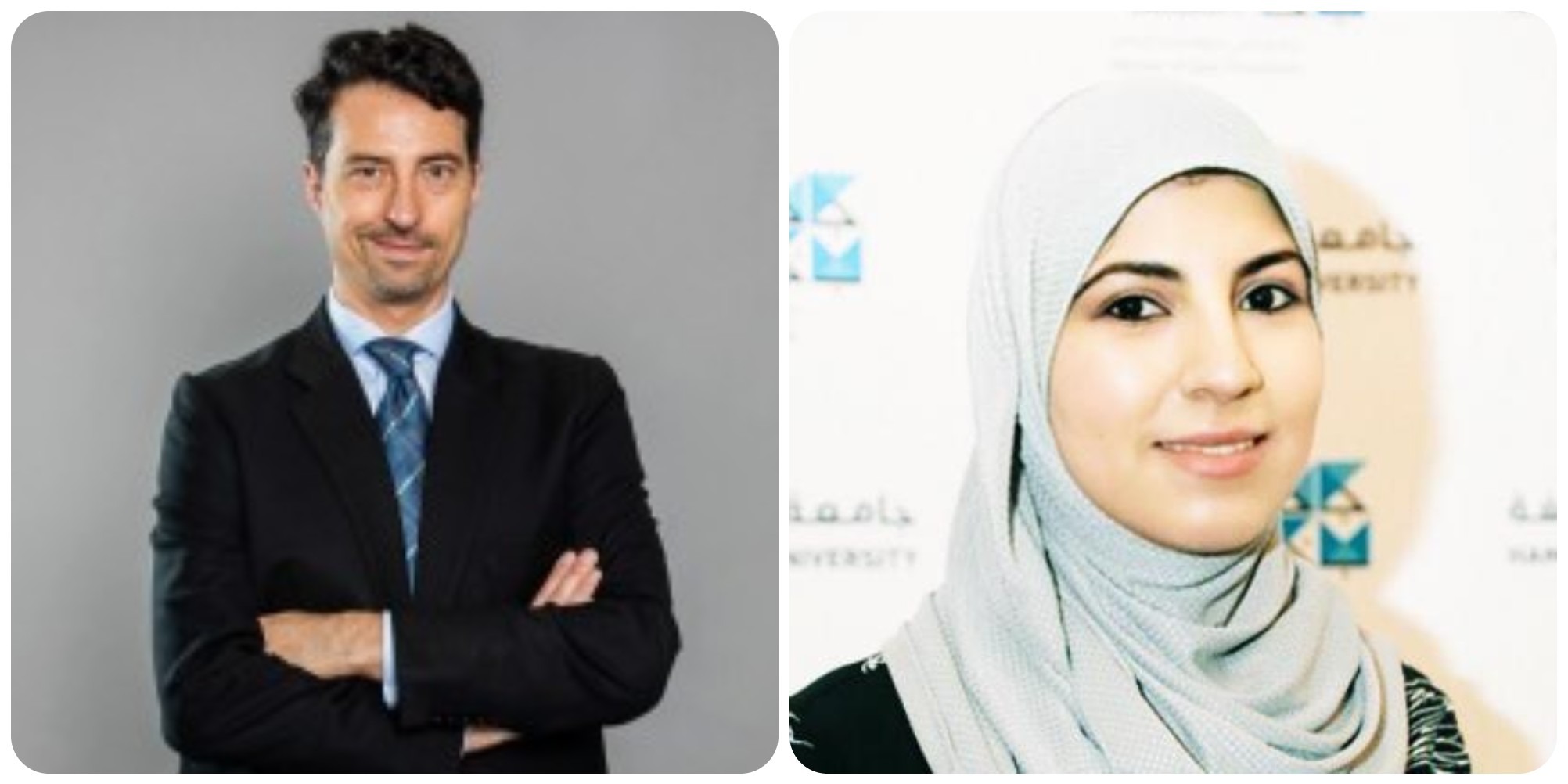Building a world class Islamic fintech hub
This article is produced and sponsored by Qatar Financial Centre. It was first published in the Global Islamic Fintech Report 2021 produced by DinarStandard and Elipses. The report can be downloaded from here.
In Qatar we are working toward putting into place an accommodative and supporting ecosystem for Islamic FinTechs to succeed within and beyond our borders. This ecosystem is dependent on four critical success factors: a conducive environment with ample funding sources coupled with a variety of support mechanisms, access to talent to promote innovation, engaged customers to ensure the sustainability of businesses and partnerships to enable the scalability of Islamic FinTech solutions. Together, these four pillars provide the solid foundation on which Islamic FinTechs can flourish. We welcome partners to join as we progress to realizing our aspirations in this strategic area for us and the worldwide Islamic Finance industry.
Qatar is striving hard to build a vibrant environment and multiple financing channels for Islamic FinTechs to succeed. Globally investors poured $30.4 billion into FinTech during the first nine months of 2020, however little was destined to the MENA region or Islamic FinTech. The conducive environment we are constructing allows Islamic FinTechs to access funding and benefit from a variety of mentorship avenues to safeguard their commercial viability. Without these in place, few players would come to market and even fewer would last. This is facilitated, in the case of Qatar, by a strong set of domestic Islamic financial institutions with increasing global links. The country is one of the leading systemically-important Islamic banking jurisdictions in the world – with Islamic banking assets representing more than 20% of the total local Islamic banking assets and about 6% of the global Islamic banking assets in 2019. In addition, the recent consolidation initiative of Islamic banks is likely to increase their overall capitalization and funding capacity, thus providing more avenues for innovation and for supporting Islamic FinTechs. On the other hand, the rise of global FinTech hubs has brought accelerators and incubators to the fore, and Qatar FinTech Hub (QFTH) is well positioned to support the local positioning and expansion of local and international FinTechs. QFTH’s first cohort welcomed 24 FinTechs – 11 in its incubator and 13 for its accelerator. Beyond that, efforts are underway to develop a vibrant angel investor community in Qatar and attractive incentive packages to lure leading FinTechs. For example, qualified FinTechs applying for a Qatar Financial Centre (QFC) business licence are eligible for waiving of both its application fee and 1st year renewal fee as well as complimentary access to its FinTech Circle floor for the first 12 months on its platform. Critically, Islamic FinTechs operating out of QFC will have a dedicated internal team and the QFTH to assist with market and investor access. On the regulatory side, Qatar Central Bank (QCB) announced its ambition to establish a central Shariah supervisory Board in its Second Strategic Plan for Financial Sector Regulation as well as its 2019-dated 10th Financial Stability Review. The permanence of Qatar’s Shariah Board will provide a consistent standard-bearer in Islamic Finance offering sector participants, including Islamic FinTechs and customers alike, confidence in the industry while simultaneously promoting consistency.
Access to talent is another kernel for FinTechs’ success. As FinTech is shaping the future of many global jobs in the financial industry, there has been a need to develop dedicated programmes and capacity building initiatives globally to address this skills gap. Qatar’s commitment to shifting towards a knowledge-based economy in line with its National Vision 2030 has contributed to developing dedicated research, educational and capacity building programmes in partnership with local academic institutions as well as the Qatar National Research Fund (QNRF). The recent COVID-19 pandemic demonstrated how the country prioritizes learning and quality education amid the pandemic thanks to its sophisticated learning infrastructure and leading academic institutions.
Acceptance of Islamic FinTech also depends on an engaged customer base, with security, user convenience and customer-centric innovations being key catalysts. Qatar as a market is already prone to wide adoption of new technologies, with an overwhelmingly young population that has easy access to speedy internet, in a country that is dominantly of Islamic persuasion. The QFC has recently launched the ‘QFC Tech Talk Series’ where participants are introduced to such critical aspects. In addition, the successful introduction of novel customer-centric products and services, including digital on-boarding, by established Islamic banks has broadened their appeal while also pointing to significant commercial promise for Islamic FinTechs.
Islamic FinTechs can also develop their commercial activities through collaborations with local and international stakeholders. The pre-existing relationships between Qatari and Islamic financial institutions abroad, as well as the branch networks Qatari banks have invested in overseas, may further facilitate the global distribution of Islamic FinTech by leveraging on their large customer networks. Further, local and global partnerships can facilitate the sharing of best practices through broader stakeholder engagement to include FinTech lab centers, hub networks, venture capitalists, and other influential parties. Together these factors will enable the scalability of Islamic FinTech solutions out of Qatar.
Collective efforts to boost the four supporting pillars for Islamic FinTech ecosystem’s in Qatar are underway. We see great promise for this sub-sector, especially with our existing competitive advantages in the Islamic banking space. Building a supportive and sustainable Islamic FinTech ecosystem is destined to widen commercial opportunities, spark international connections, and deepen technical expertise that will drive the sector forward and position Qatar as a leading Islamic Fintech hub. We look forward to having you join us on this journey!
Copyright Global Islamic Fintech Report 2021

Dr. Dalal Aassouli, Asst Prof of Islamic Finance, HBKU College of Islamic Studies, and Thaddeus Malesa, Economist, Qatar Financial Centre